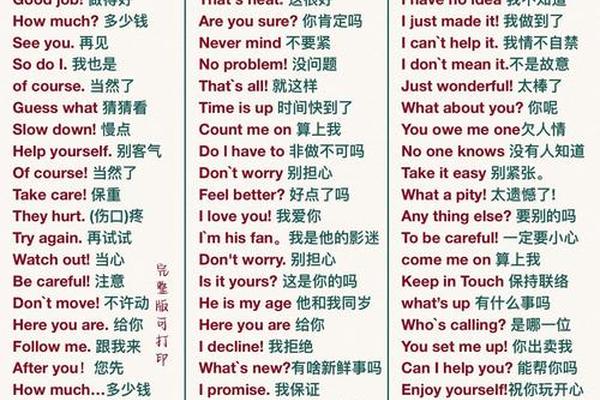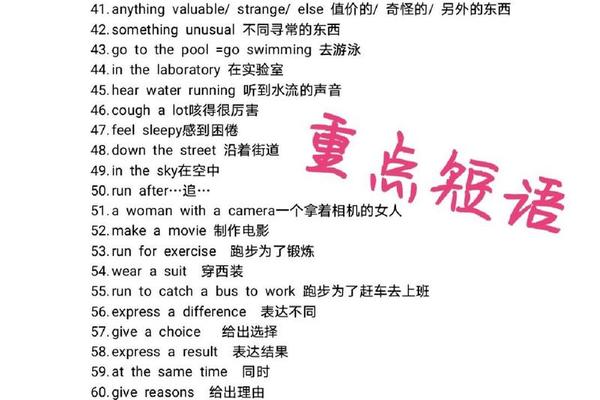1. 基本概念
例如:
Bazi is a traditional Chinese system of astrology based on one's birth time.
(八字是一种基于出生时间的中国传统命理系统。)
例如:
My grandmother calculated my Bazi to predict my future.
(我奶奶通过我的生辰八字来预测未来。)
2. 八字的组成
八字由 年、月、日、时 四柱组成,每柱包含一个天干(Heavenly Stem)和一个地支(Earthly Branch),共八个字:
天干(Heavenly Stems):
甲(Jia)、乙(Yi)、丙(Bing)、丁(Ding)、戊(Wu)、己(Ji)、庚(Geng)、辛(Xin)、壬(Ren)、癸(Gui)
地支(Earthly Branches):
子(Zi)、丑(Chou)、寅(Yin)、卯(Mao)、辰(Chen)、巳(Si)、午(Wu)、未(Wei)、申(Shen)、酉(You)、戌(Xu)、亥(Hai)

3. 相关术语
金(Metal)、木(Wood)、水(Water)、火(Fire)、土(Earth)
例如:
In Bazi, the balance of the Five Elements is crucial.
(八字中五行的平衡至关重要。)
例如:
A Bazi chart reveals your strengths and challenges.
(命盘能揭示你的优势和挑战。)

例如:
This year's fortune is influenced by your Day Pillar.
(今年的运势受日柱影响。)
4. 实用例句
Can you read my Bazi?
(你能帮我看看八字吗?)
Bazi helps people understand their personality and life path.
(八字帮助人们了解性格和人生方向。)
5. 文化差异提示
在向西方人解释时,可以类比为 "Chinese Astrology"(中国占星术),但需强调八字更注重出生时间的精确性(精确到小时)和五行平衡,与西方星座(Zodiac Signs)不同。
如果需要更具体的场景翻译或深入某个术语,请进一步说明!


